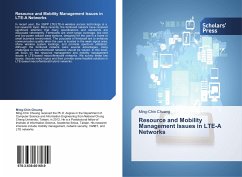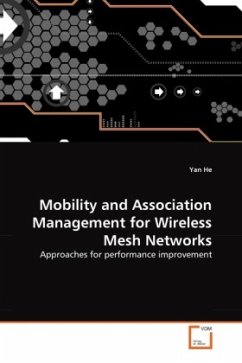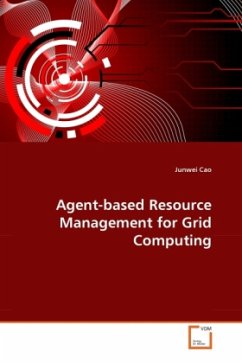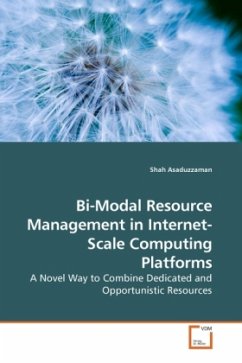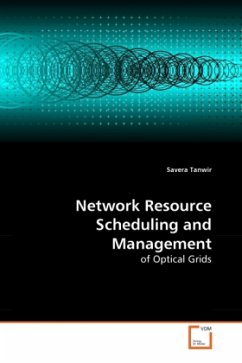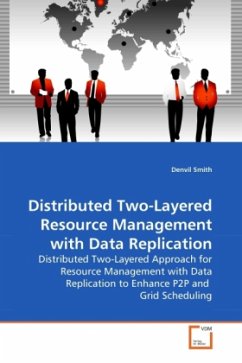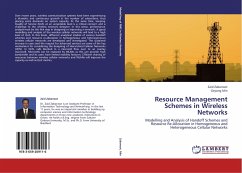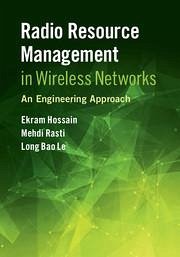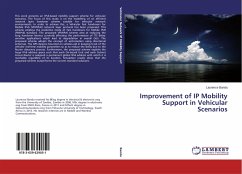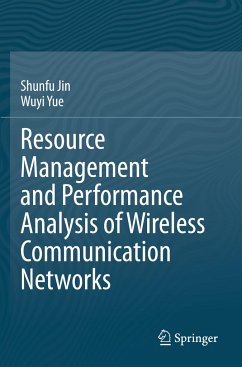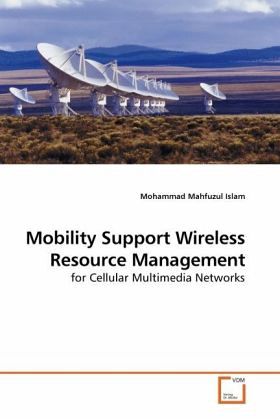
Mobility Support Wireless Resource Management
for Cellular Multimedia Networks
Versandkostenfrei!
Versandfertig in 6-10 Tagen
52,99 €
inkl. MwSt.

PAYBACK Punkte
26 °P sammeln!
The unpredictable demand in mobile communications supporting terminal and personal mobility with a high degree of connectivity is becoming the key attention to researchers and industries. The main obstacle of mobile technology is the limited amount of resources, which, moreover, become wastage due to the inefficient reservation. The key technique of efficient utilization of resources in mobile network lies on the observation of mobile units micro mobility behaviours such as velocity, direction, call survivality, etc., and macro mobility behaviours like traffic trends analysis. This books cover...
The unpredictable demand in mobile communications supporting terminal and personal mobility with a high degree of connectivity is becoming the key attention to researchers and industries. The main obstacle of mobile technology is the limited amount of resources, which, moreover, become wastage due to the inefficient reservation. The key technique of efficient utilization of resources in mobile network lies on the observation of mobile units micro mobility behaviours such as velocity, direction, call survivality, etc., and macro mobility behaviours like traffic trends analysis. This books covers various mobility support cellular resource management schemes exploiting both micro and macro level mobility behaviours in connection admission control process, which leads to a quantum leap towards the next generation of mobile multimedia communications lending services from phone call to watching movies to maintaining offices. Besides, various resource allocation schemes are also discussed. This book is written based on my PhD dissertation for which research was conducted under the supervision of Dr. Manzur Murshed of Monash University, Australia.



